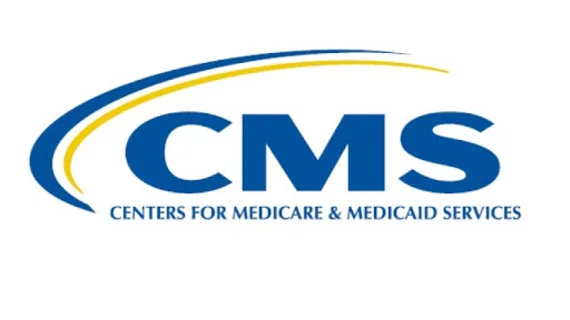CMS boosts transparency around accreditation organizations
CMS is increasing its oversight when it comes to accrediting organizations (AOs) that survey Medicare certified healthcare providers. The agency announced new changes to enhance oversight and quality transparency of AOs late last week, following an investigation from The Wall Street Journal that revealed accreditations were still given to facilities with ongoing patient care problems.
AOs are giving accrediting authority from CMS to ensure Medicare-participating healthcare providers and suppliers meet CMS quality and safety standards, and providers must be deemed by state surveyors or AOs to meet CMS standards to receive payments from Medicare.
“Today we are taking action to improve our oversight of accrediting organizations, including by increasing transparency for patients on the organizations’ performance,” CMS Administrator Seema Verma said in a statement. “The public trusts CMS to ensure the quality and safety of patient care, and we take this responsibility very seriously.”
The new changes include a pilot test that directly observes AOs’ ability to assess healthcare providers and greater transparency by publicly posting more information about overall performance.
Investigation
The WSJ’s investigation from 2017 found an accreditation agency that accredits nearly 80 percent of U.S. hospitals, the Joint Commission, took no action to revoke or modify accreditations when serious safety violations were found by state inspectors. In some cases, patients never knew about ongoing care problems in facilities where they received services because the providers never lost accreditation status.
The article sparked an investigation from the House Energy and Commerce Committee on hospital accreditation.
“Because of that article, we’ve taken a lot of action, and we’re just getting started on the issue,” Verma told the WSJ. “We’re trying to bolster our efforts to have oversight and to also have our reviews of [accreditors] transparent.”
New changes
CMS plans to publicly post AO performance data in order to increase transparency for consumers, including the latest quality-of-care deficiency findings from patient complaint surveys at accredited facilities. CMS will also publish a list of providers that are out of compliance, including the provider’s AO. Overall performance data for AOs will also be posted.
The changes will likely ensure that AOs remain a credible source to gauge providers and suppliers offering Medicare-certified care and services in the minds of consumers. CMS is prohibited by law from publishing surveys conducted by AOs.
“By posting more detail—accredited hospitals’ complaint surveys, out-of-compliance information, and performance data for AOs themselves—CMS will offer the public more nuanced information than accreditation status alone provides,” the agency stated.
CMS posted the most recent annual Report to Congress and will continue to publish these annual reports on AOs.
The new pilot test will evaluate the ability of AOs to assess healthcare providers’ compliance with CMS’s Conditions of Participation (CoPs) by looking directly at AO-run surveys. Previously, the agency evaluated AOs by conducting state assessments of facilities within 60 days of an AO survey and comparing the two surveys.
“Direct observation will enable CMS not only to evaluate AO performance more effectively, but also to suggest improvements and address concerns with AOs immediately,” the agency noted.

